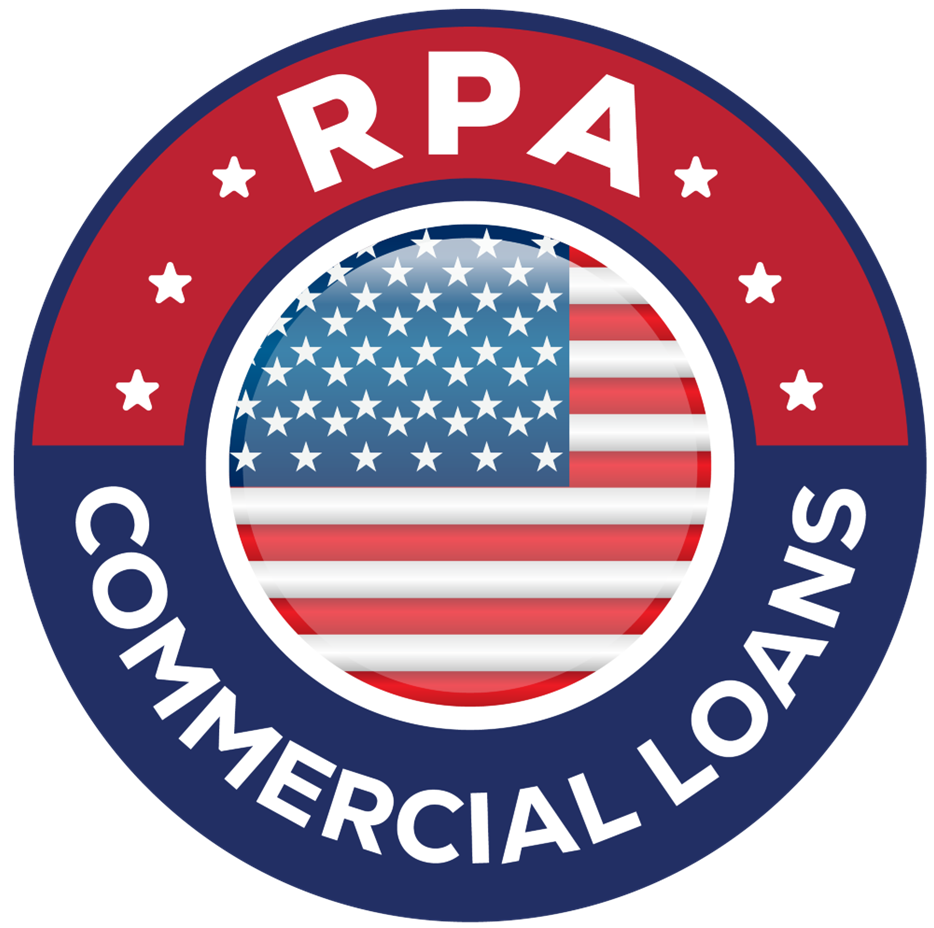Specialty use projects in commercial real estate are properties that serve highly specific purposes. Unlike more conventional investments such as office buildings, retail centers, or multi-family residential units, specialty use properties often cater to niche markets. Examples of specialty use projects include:
- Medical buildings (hospitals, urgent care centers)
- Hotels and resorts
- Gas stations
- Schools or daycare centers
- Car washes
- Self-storage facilities
- Religious buildings (churches, mosques, synagogues)
- Movie theaters or entertainment venues
- Marinas and Airports
- Transportation Hubs
- Cannabis Grow Houses and Dispensaries
- Adult Entertainment (casinos, sex shops, gentlemen’s clubs)
Because of their unique functions, specialty use projects come with specific considerations for financing, requiring different documentation, risk assessments, and loan structures.
Required Documentation for Financing Specialty Use Projects
Lenders for specialty use commercial real estate projects often require more thorough documentation due to the niche nature and risks associated with these properties. The documents required typically include:
- Business Plan and Feasibility Study: A comprehensive analysis of the market demand for the property type. This includes competition analysis, local market data, and projected cash flows.
- Property Appraisal: An independent valuation that considers the specialized nature of the property. Appraisers evaluate comparable properties, but in niche markets, it can be challenging to find adequate comparable properties, which increases scrutiny on this process.
- Environmental Reports: Some specialty use properties, such as gas stations, may need additional environmental reports to assess risks like contamination or hazardous materials.
- Financial Statements: Borrowers will need to provide extensive financial information, including income statements, balance sheets, and tax returns. Lenders often want to see profitability trends, especially for existing businesses looking to expand into a specialty use property.
- Tenant Lease Agreements (if applicable): If the property involves renting space to businesses or individuals (e.g., medical offices or self-storage units), lenders will review lease agreements and occupancy rates to estimate potential revenue streams.
- Construction Documents: For new builds or renovations, lenders will want to see plans, construction costs, and a timeline for completion. This helps evaluate the project’s viability and timeline for generating returns.
Risks Associated with Specialty Use Project Loans
Financing a specialty use project comes with distinct risks, which can influence the approval process and loan structure:
- Market Dependency: Specialty use projects are often dependent on specific local or industry markets. For example, the success of a hotel is tied to tourism or business travel in the area. Changes in market demand can negatively impact cash flow.
- Limited Tenant Base: For niche commercial properties, there may be a limited pool of potential tenants, making vacancies more challenging to fill. Properties like medical offices or gas stations may require tenants with specific licensing or operational qualifications, creating a narrower tenant base.
- Higher Operational Costs: Many specialty use properties require more complex infrastructure, management, or maintenance than traditional commercial properties. For example, hospitals have regulatory requirements that come with higher operational costs, impacting profitability.
- Re-Use Risk: If the business occupying the property fails, the next tenant may not be able to use the space without significant renovations. This re-use risk makes it harder to re-lease or sell the property, adding another layer of risk for lenders.
Loan Features for Specialty Use Projects
Loan-to-Value (LTV)
Loan-to-Value (LTV) is a key metric lenders use to assess risk. LTV ratios for specialty use projects are often lower than for conventional properties due to the higher risks. Lenders typically offer LTV ratios between 55% and 75% for specialty use projects, depending on the property type and the borrower’s financial strength.
Loan-to-Cost (LTC)
Loan-to-Cost (LTC) ratios are especially relevant for construction or renovation projects. This ratio measures the loan amount as a percentage of the total cost of development. For specialty use projects, LTC can range from 60% to 85%, with lower LTC ratios for riskier projects like hotels or entertainment venues.
After-Repair Value (ARV)
For specialty use properties that require significant renovation or redevelopment, lenders might consider the After-Repair Value (ARV), which estimates the property’s value after the completion of improvements. ARV-based loans typically have lower interest rates but require thorough property appraisals to justify the projected value.
Loan Term
Loan terms for specialty use projects vary based on the nature of the property. Construction loans may have terms between 12 to 24 months with extensions, while permanent loans can have terms from 5 to 30 years. Shorter loan terms are more common in properties where future revenue is uncertain, such as entertainment or hospitality businesses.
Interest Rates
Interest rates for specialty use commercial real estate loans are generally higher than for conventional properties due to the niche market risks. Rates typically range from 5% to 10%, depending on the borrower’s creditworthiness, the type of property, and overall market conditions.
Debt Service Coverage Ratio (DSCR)
Lenders often require a higher Debt Service Coverage Ratio (DSCR) for specialty use properties to ensure that the borrower can handle the loan payments even in challenging market conditions. A DSCR of 1.25 or higher is common, though some lenders may ask for a ratio closer to 1.5 for riskier projects.
Conclusion
Specialty use commercial real estate projects offer opportunities for significant returns but come with unique challenges. Securing financing for these projects often requires extensive documentation and higher scrutiny due to their niche nature and market dependency. Loan features such as LTV, LTC, ARV, loan term, and interest rates reflect the elevated risk lenders face. Borrowers need to present a robust business plan and have a deep understanding of the market to successfully secure financing for specialty use properties.
Related Articles:
Debt Service Coverage Ratio
Environmental Reports


